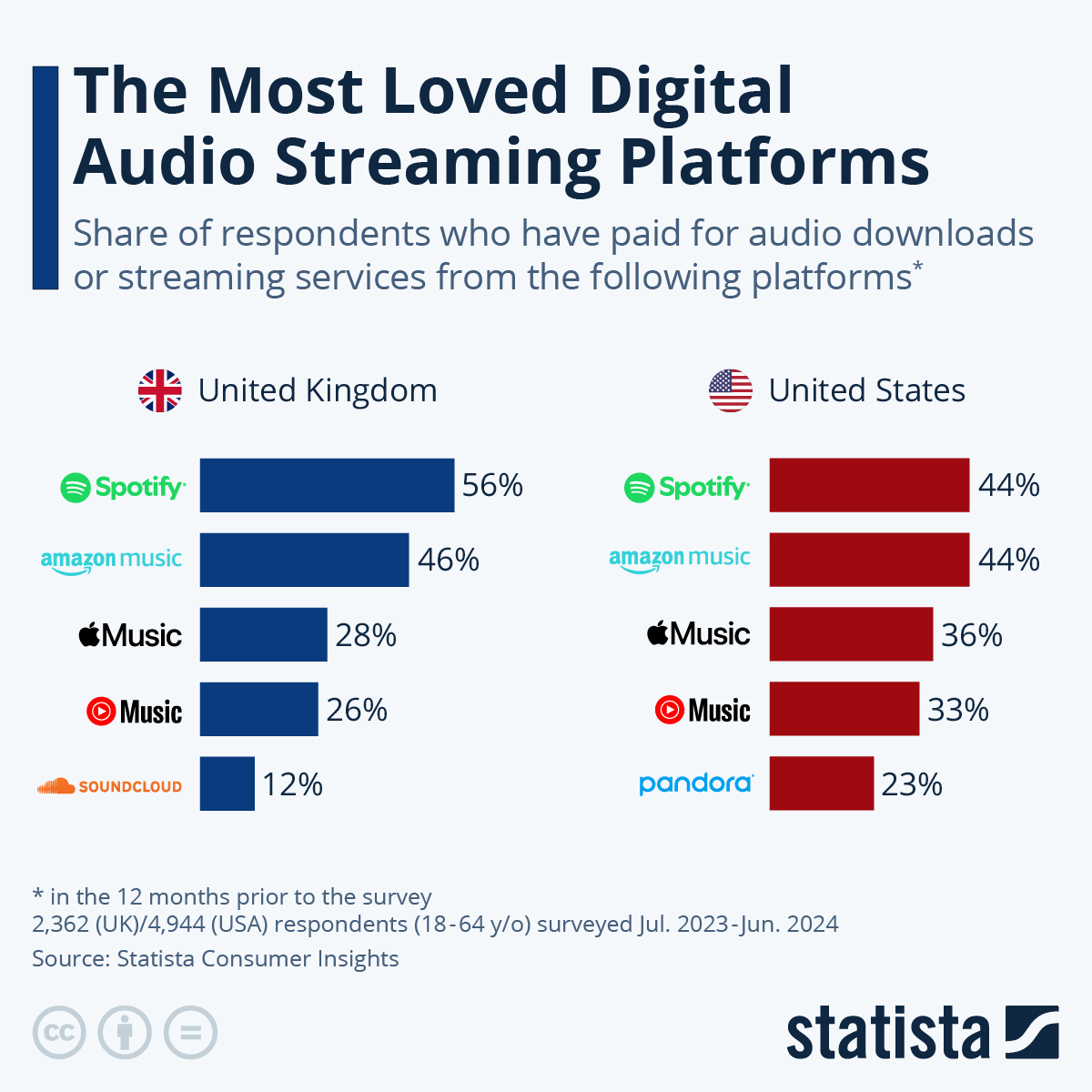this post was submitted on 30 Sep 2024
243 points (89.6% liked)
Technology
60102 readers
2126 users here now
This is a most excellent place for technology news and articles.
Our Rules
- Follow the lemmy.world rules.
- Only tech related content.
- Be excellent to each another!
- Mod approved content bots can post up to 10 articles per day.
- Threads asking for personal tech support may be deleted.
- Politics threads may be removed.
- No memes allowed as posts, OK to post as comments.
- Only approved bots from the list below, to ask if your bot can be added please contact us.
- Check for duplicates before posting, duplicates may be removed
Approved Bots
founded 2 years ago
MODERATORS
you are viewing a single comment's thread
view the rest of the comments
view the rest of the comments

How do you pronounce 'Qobuz'? Is it 'quo-buzz'?
Ko-buz
Can someone give me the rundown of Deezer vs. Qobuz vs. Tidal? I've been using Tidal and I like it well enough but I'm curious about the other lossless options.
Short summary: Tidal is the best overall.
Balancing the content, quality, and amount paid to artists, I put it on top.
I'm pretty sure I've read Qobuz has the highest payout of any streaming service, plus you can actually buy music. Also afaik Qobuz never jumped on the mqa scam train. Tidal wasn't even giving you lossless music when you asked for lossless music for the longest time.
It's true that Qobuz pays more per stream, although I've heard that they pay an amalgamated sum to the label instead of direct payment by artist.
Furthermore, while MQA was a bit of a bait-and-switch (basically lossy versions of much higher quality), Tidal always offered pure lossless as well.
Qobuz apparently has a better classical catalog, but worse customer support.
Basically, I've found Tidal to be - at this point - a bit ahead of Qobuz. Not a real complaint, just a "if I had to choose..." opinion.
I haven't tried to use Qobuz' customer support, so I can't comment on that. As for paying the musicians directly vs paying the label; that's good to know. I hadn't thought about the fact that labels like to take massive cuts; so even if the cut is larger, the fact that it's being filtered through the label means the artist themselves gets a smaller cut.
As far as MQA, I've heard that's kinda half-true? Iirc, if a song had an MQA version, then Tidal played the MQA version when you asked for lossless. However, if it didn't have an MQA version, then you got true lossless. I've heard they've fixed it now, but when I was looking at streaming services a few years ago it was just after the MQA controversy erupted, and the MQA thing took Tidal off my list of services I was interested in so I never actually tried it out. I might check it out again at some point and see what the library is like.